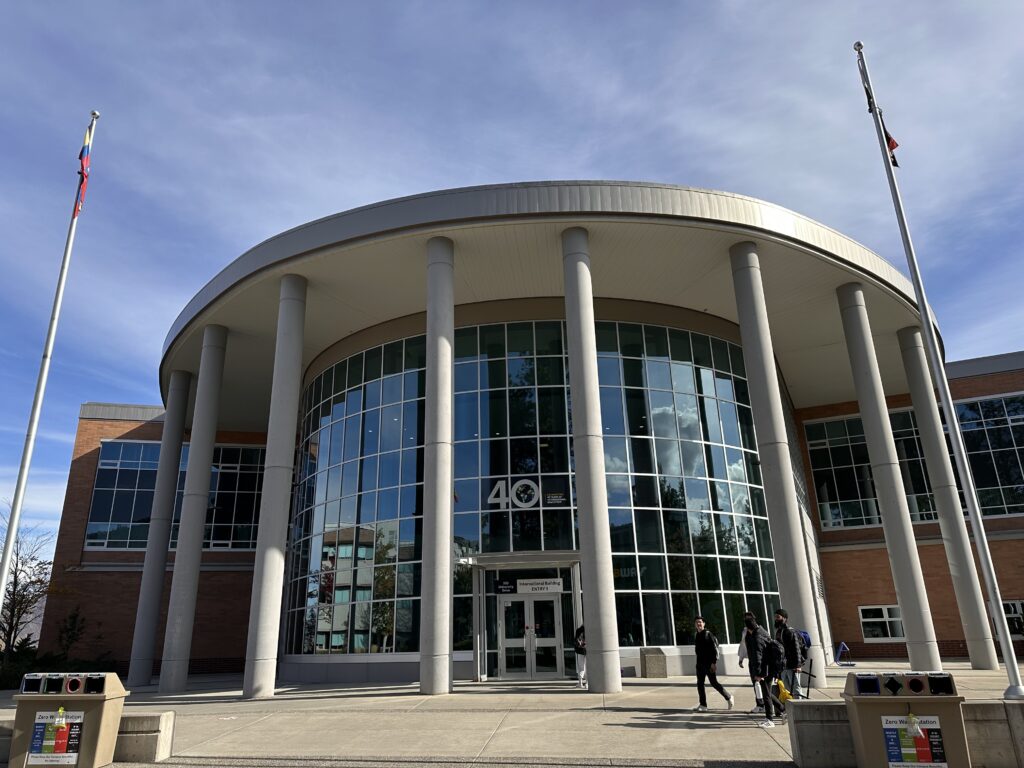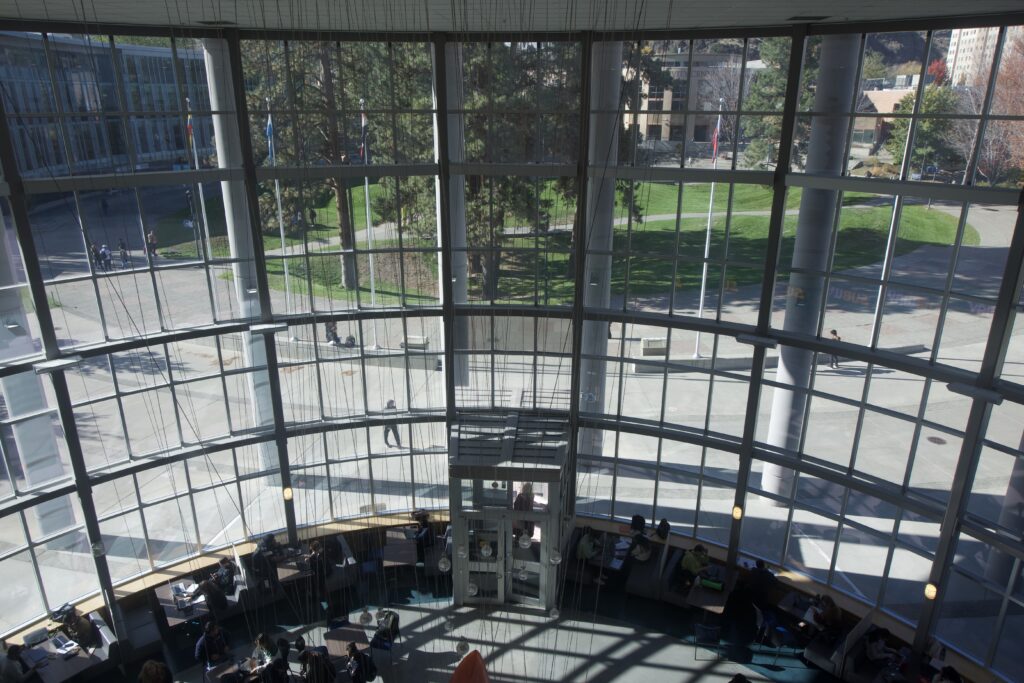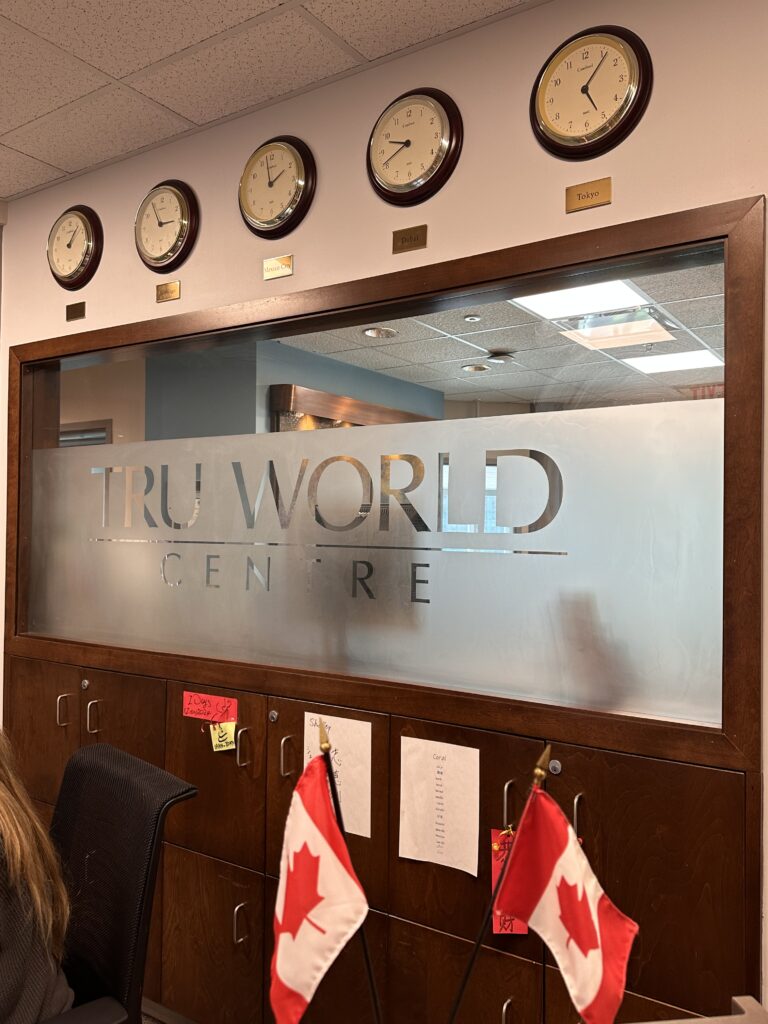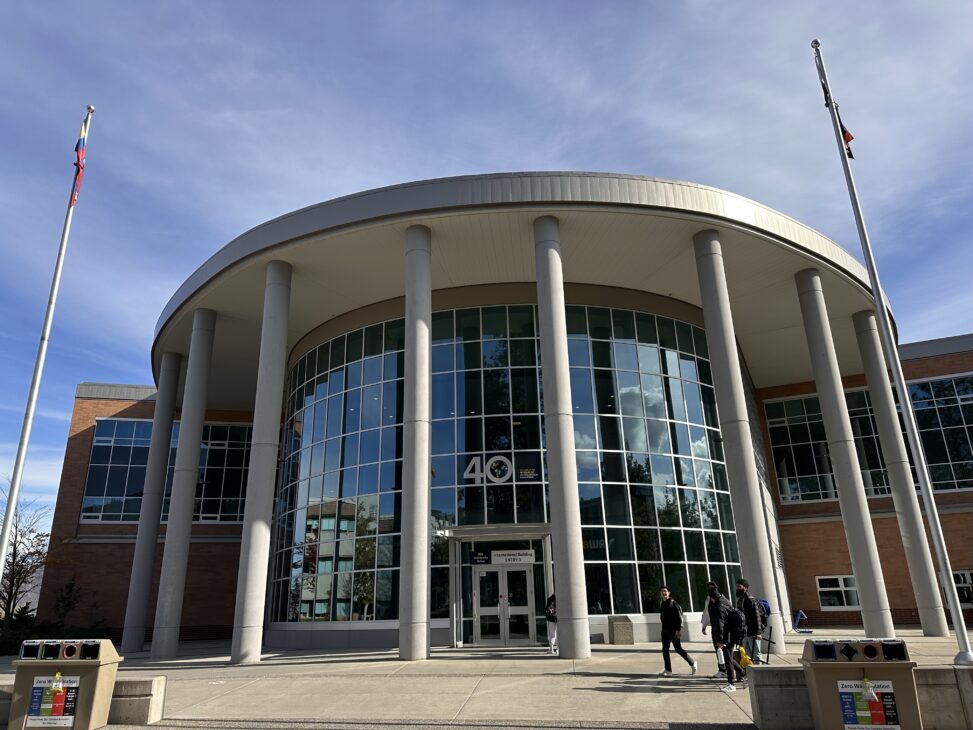
Photo by Alisoun Payne
Upcoming changes implemented by the government of Canada will reduce the number of international student visas available, lowering enrolment to universities across the country. Immigration Canada admits that Canada’s global reputation as a top choice for international education may suffer as students explore other countries like the US and the UK.
New study permit caps reduce the number of available visas for international students by 35% in 2024, with a plan for further reducing them by 10% in 2025. According to the Canada’s official Immigration website, the purpose of the cap is to “alleviate pressure on housing, resources, and infrastructure while ensuring sustainable development”. But it doesn’t take Holmes-level powers of deduction to determine that the new regulations will result in universities taking a hit in the enrollment department, ultimately affecting their bottom line.
The international program at TRU began even before the institution became a university. In 1983, Dr. Charles Mossop and Vice-President Jim Wright had the foresight to plant the seeds of the international development project centre at Caribou College. This humble seed has now blossomed into a department hosting over 4000 students strong from 100 countries and makes up 26% of the institution’s total enrolment.
TRU is recognized for its comprehensive support systems for international students, who can immerse themselves in Canadian culture, pursue recognized graduate degrees, and gain valuable work experience through study abroad. In return, the students contribute to the increasing diversity of the BC interior’s 2nd largest city of Kamloops.

But the cultural aspect is not the only piece that has come to define the face of the university. In the past 40 years, TRU along with other Canadian universities, has become increasingly dependent economically on having international students as well. According to the TRU website, a Masters of Education, which will cost a domestic student only $585.86/semester (est.), will cost an international student $1,113.15/semester (est.). That’s a whopping $527.29 more per semester, per student!
So how will this increased dependency on international student tuitions be affected by the federal government’s new mandate to cap study permits for international students in 2024 and 2025?
Immigration Canada ventures to say that the stricter financial requirements could “be a challenge for students from lower-income countries and may limit access to higher education in Canada for some”.
In addition to the number of available visas being reduced to an annual national amount of 437,000, the new policies will affect access to spousal open work permit (SOWP) eligibility, impose increased financial requirements for international students in Canada, and double the Guaranteed Investment Certificate (GIC) requirement, to reflect the rising cost of living in Canada.
It goes on to say that “Universities may need to reconsider their business models, with potential program closures and layoffs… British Columbia, for instance, has halted new enrollments at some post-secondary institutions and raised standards for designated learning institutions to ensure compliance with the new rules”.

ZiPing Feng, Chief International Enrolment Officer for TRU confirms that the university has seen an 8% decrease in enrollment for the fall 2024, following the IRCC (Immigration, Refugees and Citizenship Canada) policy changes. However, in spite of anticipating even further declines in the second stage of the policy roll out, she asserts that TRU will “continue to adapt to the evolving landscape and will work diligently to maintain a robust international program”.
For domestic students concerned that the loss of revenue will be deferred to the domestic studentship, there is no need to worry. The federal government offers the reassurance of a limit on tuition fee increases to a maximum of 2%, tied to the rate of inflation.
References:
https://www.tru.ca/__shared/assets/Factbook_2023-2459748.pdf
https://www.tru.ca/truworld/40-years.html#milestones
https://www.tru.ca/current/enrolment-services/tuition.html

Leave a Reply